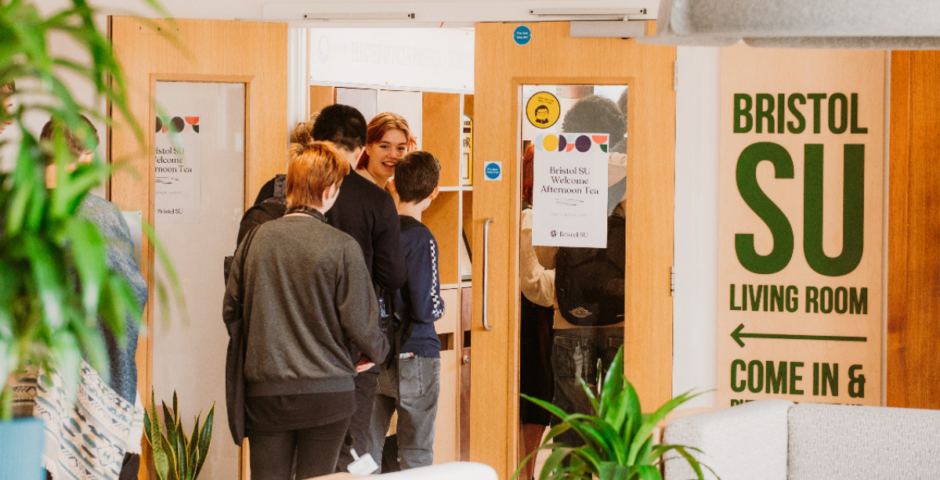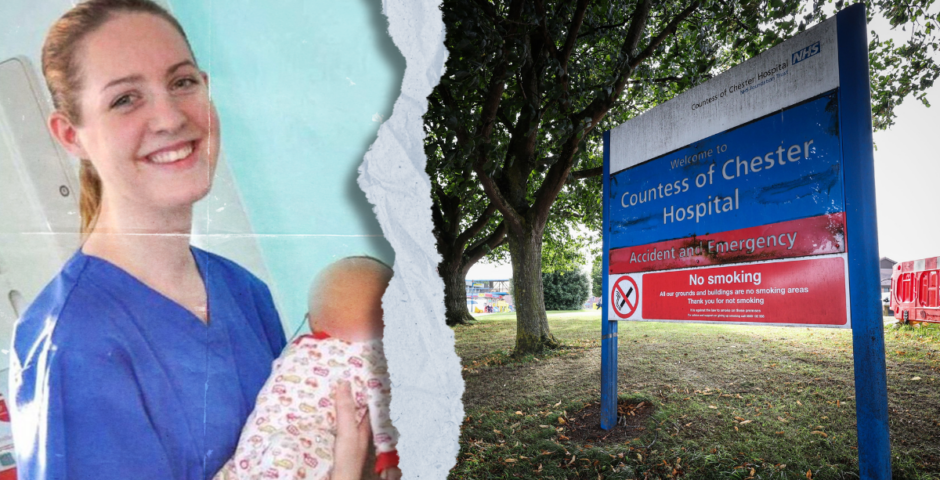
Survey reveals impact of part-time work on Bristol students
Approximately one in three Bristol uni students are working more than 15 hours a week
A recent Bristol University SU survey reveals many students are working long hours alongside their studies.
The Student Work-Life Report 2025 has exposed that nearly one in three students work more than 15 hours weekly, with 14 per cent of students working an upwards of 20 hours a week, exceeding the University’s recommendations.
The survey highlights whilst 80 per cent of students claim to be able to manage the work-life balance, it also demonstrates that:
- 35 per cent of respondents have skipped classes due to work.
- 34 per cent of respondents reported a negative impact on their wellbeing.
- 77 per cent of respondents say work affects their studies: at the expense of their time, energy, and even, academic progress.
The report was carried out by Bristol SU’s Research & Insight Team, in response from student concern. Recently, student employment has rapidly increased. A recent Advance HE and HEPI survey reflects a 12 per cent rise in undergraduate employment, from 56 per cent in 2024, to 68 per cent in 2025.
The survey shows that many students who work part-time also “face more struggles which their non-working peers do not.”
One student in the survey explained the negative impacts of their work-life balance: “Trying to fit in study time around classes and work and exercise and social time all [the] time feels pre-allocated and takes the fun out of being a student”.
The findings also recognise how employment can be “essential to afford living and studying in the city”. O
Most Read
ne international postgraduate student revealed the financial pressures they faced as a full time student, saying: “I have to work to cover living expenses. I am only allowed to work 20 hours a week, meaning I have to budget living as an adult on part time work.
“Work has to take priority until I hit those 20 hours so that I am not homeless and can eat. Part time school is not an option for international students, so work is much more a worry and focus than my actual research.”
‘We should be given the financial support we need’
To fully understand how part-time work can impact university life, I spoke directly with students in Bristol who are currently employed to get a better idea of the work-life balance.
Fin, a student from the University of Bristol, told The Bristol Tab: “It shouldn’t be the case that students are having to take on part-time work during their studies because we should be given the financial support we need to focus on our education, but unfortunately it is the reality that some students do have to take on paid work alongside their studies.
“Having a job in Bristol is more necessary than in other uni cities because of how high rents costs are and how expensive it can be to live here”.

Another student, Ned, who studies at the University of West England said: “I think it is definitely possible to have a part-time job whilst at uni, the hard part is just finding the right balance to enjoy the uni experience, complete course work and doing shifts on the side, which is something I struggled with whilst having a part time job.”
When asked how universities can support students who have to work part-time he said: “My university lecturers were understanding of students having to miss lecturers for work and suggested attending ‘lectorials’ which suited their calendar. With it being common for universities to upload lecture materials and recordings onto blackboard… I think it makes it easier for students to have a part-time job and balance it with uni work.”
Another University of Bristol student, who wished to remain anonymous, told us: “I work 12 hours a week, which I would say would probably be the maximum.
“It works for me but then again we are first years and as you progress through uni your work load will become a lot more. I think personally [having a part time job] is realistic but also I understand for a lot of people depending on the course they do, it really might not be”.
What next?
Mia Stevens, the Undergraduate Officer at Bristol SU, who worked with the research team to commission this research said: “These results show a real shift in how students nowadays are able to participate in higher education. Years ago, most students were able to focus full time on their studies, whereas students now are needing to prioritise earning money in order to sustain living and studying.
“This means that students are often faced with the difficult choice of attending seminars in order to succeed in their degree or taking extra shifts at work in order to afford to study.”
The survey shows the SU has outlined their next steps, which include the officers proposing a “university-wide cultural shift that recognises student employment as a norm and provides the necessary support to help students balance work and study without compromising wellbeing or academic experience”.
For some students, it is clear that a healthy work-life balance can be tricky. Maybe it can be possible for students to work around uni schedules but should we have to sacrifice contact hours or social activities just to afford to live in the city? Hopefully, as more and more students have to get jobs, the university culture can adapt to accommodate those who face the extra pressure of employment.
Featured image via Bristol Student Union





















